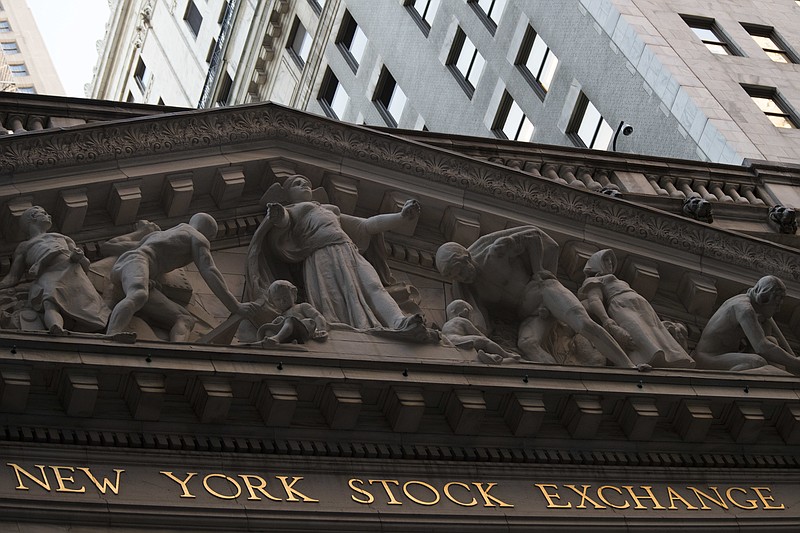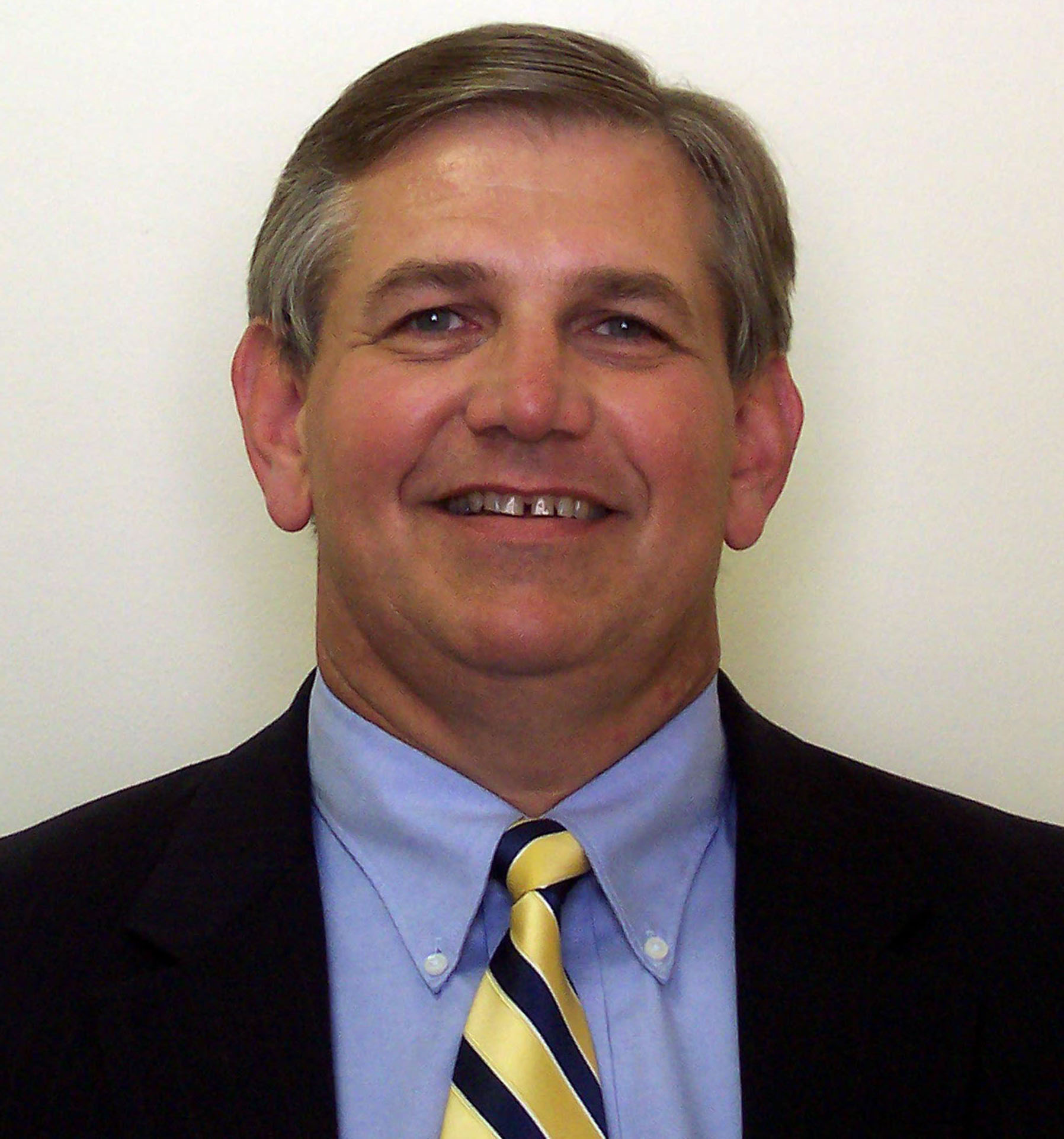Prognosticators relish the annual ritual of predicting the events that will shape the markets during the year ahead. As happens so often, 2016 proved to be a year of "black swans;" a cascade of unpredictable but consequential occurrences that proved to dominate the action despite the efforts of all the learned forecasters whose fortunes evidently depend little upon their accuracy. Here are a few of the stories that surprised us in 2016.
* Brexit vote. In June, voters in the United Kingdom went to the polls in a referendum over remaining a member in the greater governing body of the European Union. Once the dust had settled, the establishment was shocked by the vote to reclaim independence.
Prime Minister David Cameron honored his pledge to step down in the event of victory by supporters of independence, and was succeeded by Theresa May, a moderate who opposed the vote but pledged to make it work.
Financial markets initially bolted but have stabilized since, as the most pessimistic expectations have given way to modest optimism for a successful transition.
* Samsung's exploding phones. Rarely does such a fanatically anticipated product launch go so desperately off course. In August, Samsung recalled more than 2.5 million defective Galaxy Note 7 phones prone to overheating during charging, and in October the FAA pronounced the death sentence, banning the phones from all U.S. flights.
While the news was awful for shareholders, it did not prove to be a game-ender, as a robust market for Android devices benefited third-party handset makers, and Samsung works toward the release of the next (presumably fireproof) model.
* Wells Fargo in the dock. In September, regulators announced a $185 million fine against Wells Fargo as the result of a fraud investigation.
Generally considered one of the "good guys" during the financial crisis, the bank succumbed to an overly aggressive cross-marketing culture that enticed employees to open 2 million bank and credit card accounts, without the knowledge of customers, to meet sales goals.
In addition to the fine and ongoing civil action, the scandal cost CEO John Stumpf his job. He will be allowed to retain his generous severance package in retirement.
* Trump win shocks, boosts asset markets. Few expected the eventual outcome (including most of the Trump campaign), and markets initially reacted badly (Dow futures were down more than 800 points as the returns were being posted).
But in the light of day, investors have focused less on the unlikely (deportations, criminal prosecutions and a wall) and signed on to the higher probability outcomes (tax reform, regulatory relief, infrastructure and defense spending).
As of last week, the Dow was within an eyelash of 20,000 and market sentiment is running high.
Bonds tanked in the aftermath of the election, managing to perform the one feat that has consistently eluded the Fed's ability: raising interest rates. One nearly certain consequence of higher deficit spending under President Trump will be a big league rise in interest rates and inflation.
* Boeing jets to Iran. One might have been forgiven a certain skepticism during the Iranian hostage crisis of 1979, but this year marked the commercial re-engagement with the Islamic Republic following the completion of the nuclear deal.
Boeing and Airbus each announced orders for roughly $10 billion worth of airliners following a generation of Western sanctions.
It has often been noted that forecasting displays a relatively low correlation with industry expertise. 2016 certainly proved to be an example; most of the significant developments were either unanticipated or proved to be less catastrophic than expected.
Here's to another unpredictable year. Happy New Year.
Christopher A. Hopkins, CFA, is a vice president and portfolio manager for Barnett & Co. in Chattanooga.

